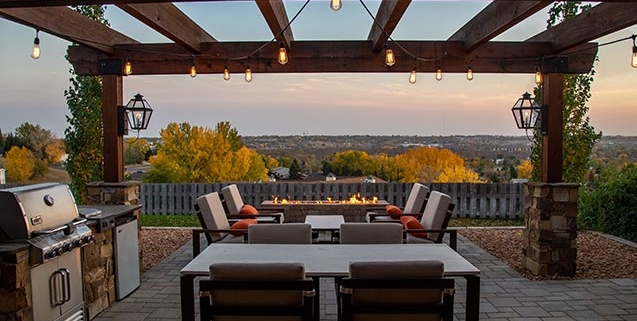6 Critical Post-Renovation Follow-Up Mistakes
1 Not Knowing What Fire Insurance Policy Actually Covers
A fire insurance policy covers homeowners for losses or fire damage to structural property. Fire insurance is mandatory for HDB with HDB loans (starting from or after September 1, 1994) and private properties brought in bank mortgages. The fire insurance policy does not cover the contents of the house (such as furniture, renovations, and personal belongings) on your property and also, does NOT cover fire damage if you or one of the occupants of the house is the initiator of the fire. During such an unfortunate situation, you may be held liable for damages caused to your neighbors or their property as well.
2 Failure to Obtain Additional Home Contents Insurance for Complete Protection Against Damage
Extending protection beyond fire insurance is a must, especially if you have invested so much in renovating and furnishing your home. The good news is that you will be able to purchase a separate home content insurance policy from an insurer of your choice! You should compare the list of general insurers and their costs on the popular MoneySmart home insurance comparison portal before making a choice.
3 Do not Consolidate and Inventory Your Home Contents
Before purchasing a particular home content insurance policy, you need to know the total value of your home content *. Since you would probably have bought new appliances or home furnishings once you settled in, tracing the list of home contents and value on an excel sheet is the easiest way. Since this list will grow over time, you should keep and keep a copy in Google Drive for easy access.
4 Failure to Register and Claim Guarantees
Most home appliances, electronics, and computer peripherals come with a warranty. After registering them, consolidate them with warranty dates, along with contact numbers and emails on the excel sheet to save the warranty expiration dates. Since renovating your home is also covered by a warranty period, it should also be tracked together on the same list. Doing your due diligence to seek a warranty when needed will save you a lot of time, effort, and money on the road.
5 Do not Review if Home Renovation Assumptions are Valid
During the renovation phase, there is a list of assumptions you have made that have influenced the design and outcome of the home renovation. To find out if the assumptions made are really valid, you should do a quick collection and review with your renovation professionals after you have moved on for 3-6 months, to determine that your interior design is the right lifestyle for you and your family. One of the most common assumptions is that the shed set aside and the type of luminaires used is family-friendly and that the materials chosen need minimal maintenance. If you find a significant gap between perceived and current requirements, you should discuss with your renovation professional the extra work/replacement of subsequent renovations where necessary. Since your professional and renovation team are already familiar with you and your property, it will be much easier for them to work on additional improvement jobs.
6 Do not Record Mistakes and Knowledge of Home Renovation
It is likely that you will also undergo some home renovation projects during your lifetime and avoiding costly renovation mistakes will save you a lot of headaches and money. Therefore, making a mental note of the mistakes made or the knowledge gained during the renovation trip may not be enough. This is because you could have forgotten most of them by the time you start your next renovation project, years later. Who knows, this may be the most valuable knowledge you can pass on to your children!



